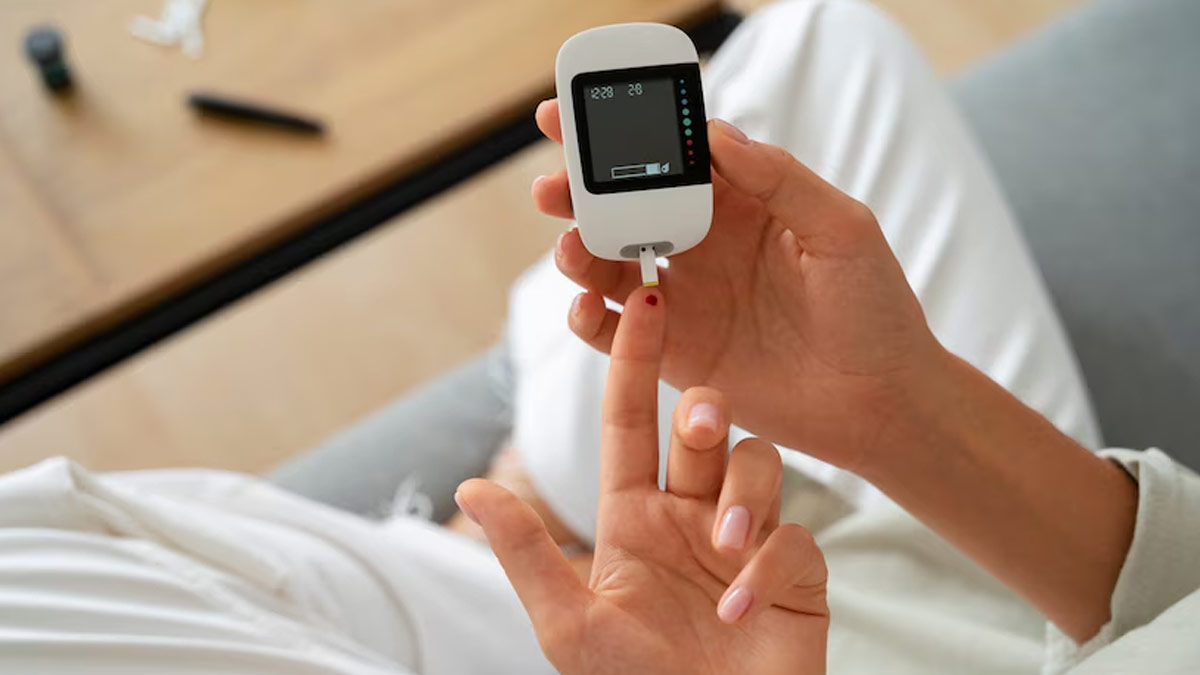
Managing blood sugar levels and improving insulin sensitivity is crucial for people with diabetes or those at risk of developing it. Among the natural remedies often discussed are cinnamon and curd (yogurt). Both are commonly consumed in Indian households and have been traditionally touted for their potential health benefits. But can they really help in managing blood sugar levels? Let's explore what the research says.
Table of Content:-
Cinnamon

Cinnamon is not just a spice that adds warmth and flavor to your food; it also has potential health benefits, especially for blood sugar control. The primary active component of cinnamon, cinnamaldehyde, has been shown to have insulin-like properties that can improve glucose uptake and regulate blood sugar levels. Here’s how cinnamon helps in managing blood sugar levels:
Improves fasting blood sugar levels: A study published in the International Journal of Food Science found that participants who consumed 1 to 6 grams of cinnamon daily experienced a significant reduction in fasting blood sugar levels. The study concluded that cinnamon could be an effective dietary addition for managing blood glucose in people with type 2 diabetes.
Enhances insulin sensitivity: Another study demonstrated that cinnamon could improve insulin sensitivity, a key factor in managing type 2 diabetes. The participants who consumed cinnamon showed improved glucose metabolism and insulin sensitivity, highlighting its role in potentially lowering the risk of type 2 diabetes.
Reduces HbA1c levels: Studies also suggest cinnamon could lower HbA1c levels (a marker of long-term blood sugar control) in people with type 2 diabetes. This effect was observed with the intake of as little as 1 gram of cinnamon per day.
Also read: Health Benefits Of Drinking Cinnamon Water Empty Stomach
Curd

Curd, or yogurt, is a nutrient-dense food rich in protein, calcium, and probiotics (beneficial bacteria). Probiotics play a crucial role in gut health, which indirectly impacts insulin sensitivity and blood sugar regulation. Here’s how curd helps in managing blood sugar levels:
Improves insulin sensitivity: A study found that consuming probiotic-rich curd improved insulin sensitivity in participants with insulin resistance. The probiotics in curd help maintain a healthy gut microbiome, which plays a role in metabolizing sugar more effectively.
Helps in weight management: Weight management is a crucial factor in controlling blood sugar levels, and curd can aid in this process. Studies have shown that the regular consumption of yogurt was associated with lower body weight and a reduced risk of type 2 diabetes. The high protein content in curd helps keep you fuller for longer, reducing overall calorie intake and aiding in weight loss.
Lowers post-meal blood sugar levels: A study found that the consumption of curd as part of a meal resulted in lower post-meal blood sugar levels compared to meals without curd. The study suggested that the protein and fat in curd help slow down carbohydrate absorption, preventing blood sugar spikes.
Also read: The Ayurvedic Way Of Consuming Curd For Maximum Benefits
Conclusion
While both cinnamon and curd show promising effects on blood sugar control and insulin sensitivity, they are not standalone treatments for diabetes. These natural foods can complement a balanced diet and lifestyle changes aimed at managing blood sugar levels. Always consult with a healthcare professional before making significant changes to your diet, especially if you have underlying health conditions. Incorporating cinnamon and curd into your diet could be a delicious and beneficial way to support blood sugar management, making it a tasty habit worth considering!
Also watch this video
How we keep this article up to date:
We work with experts and keep a close eye on the latest in health and wellness. Whenever there is a new research or helpful information, we update our articles with accurate and useful advice.
Current Version